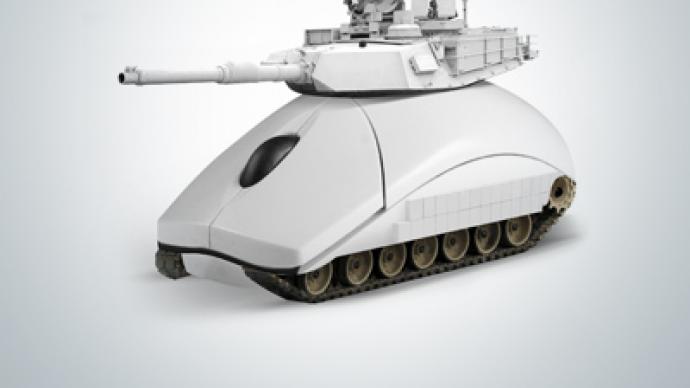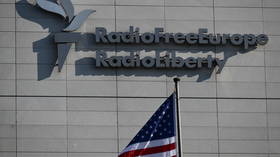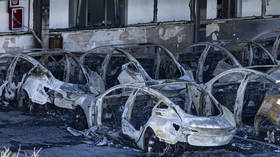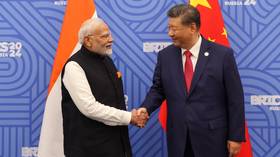Pentagon receives cyber-war guidelines

With online attacks against government servers becoming more frequent, President Obama has signed orders that will lay a foundation for how far military leaders can go in employing cyber attacks against nations worldwide in acts of espionage.
The orders detail what situations will call for armed forces to seek presidential approval for specific cyber assaults on an enemy, as well as begin to lay groundwork for how America can regularly weave cyber capabilities into their own offensive, reports The Associated Press.Defense officials speaking to AP alike the new guidelines to the instructions that say when and what kind of weapons — from nuclear bombs to missiles — can be used in times of war.One of the rules outlined in the paper explicitly says that the US can defend itself by means of taking down computer servers in another country when under attack. Another guideline mentions that the military will be able to transmit computer codes abroad to the networks of other nations to test the connection between servers. While the US wouldn’t be able to use this maliciously if nations are on good terms, a conflict between countries would not only give the American military an excuse to infiltrate their network — but a detailed path for how to strict a cyber offensive, if approved by the Executive Branch.The guidelines were signed off by Obama over a month ago after two years of pressure from the Pentagon to draft US rules for cyber warfare. Only aspects of the outline have been made public so far, but many US officials have already spoken to the press about the outline on condition of anonymity. Last month the Pentagon formally filed paperwork that says computer sabotage from another nation counts as an act of war. Speaking to the Wall Street Journal, one unnamed military official was quoted as saying, “If you shut down our power grid, maybe we will put a missile down one of your smokestacks.”This revelation came shortly after news surfaced that both the UK military and China were working towards developing hacking teams to cooperate with government initiatives.Obama’s orders can also be argued to stem from the outbreak of the Stuxnet computer worm last year, a malware virus that targeted Iranian nuclear facilities. Researcher Ralph Langner spoke out about the worm earlier this year at a TED Talk and expressed his opinion that, while Israel was originally believed to be the culprit behind the worm, they weren’t acting alone. "My opinion is that the Mossad is involved but that the leading force is not Israel. The leading force behind Stuxnet is the cyber superpower – there is only one; and that's the United States," said Langner.Speaking at a Capitol Hill hearing recently, incoming Pentagon chief Leon Panetta said that “there's a strong likelihood that the next Pearl Harbor that we confront could very well be a cyberattack that cripples our power systems, our grid, our security systems, our financial systems, our governmental systems.”Former Homeland Security official Stewart Baker tells the AP that Americans need to be aware that an online strike from abroad is no longer a space-age threat."We've had 50 years in which we haven't really had to rethink what might happen in a war here," he said. "We need to think very hard about an actual strategy about how to win a war in which cyber weapons are prominently featured,” he says.














